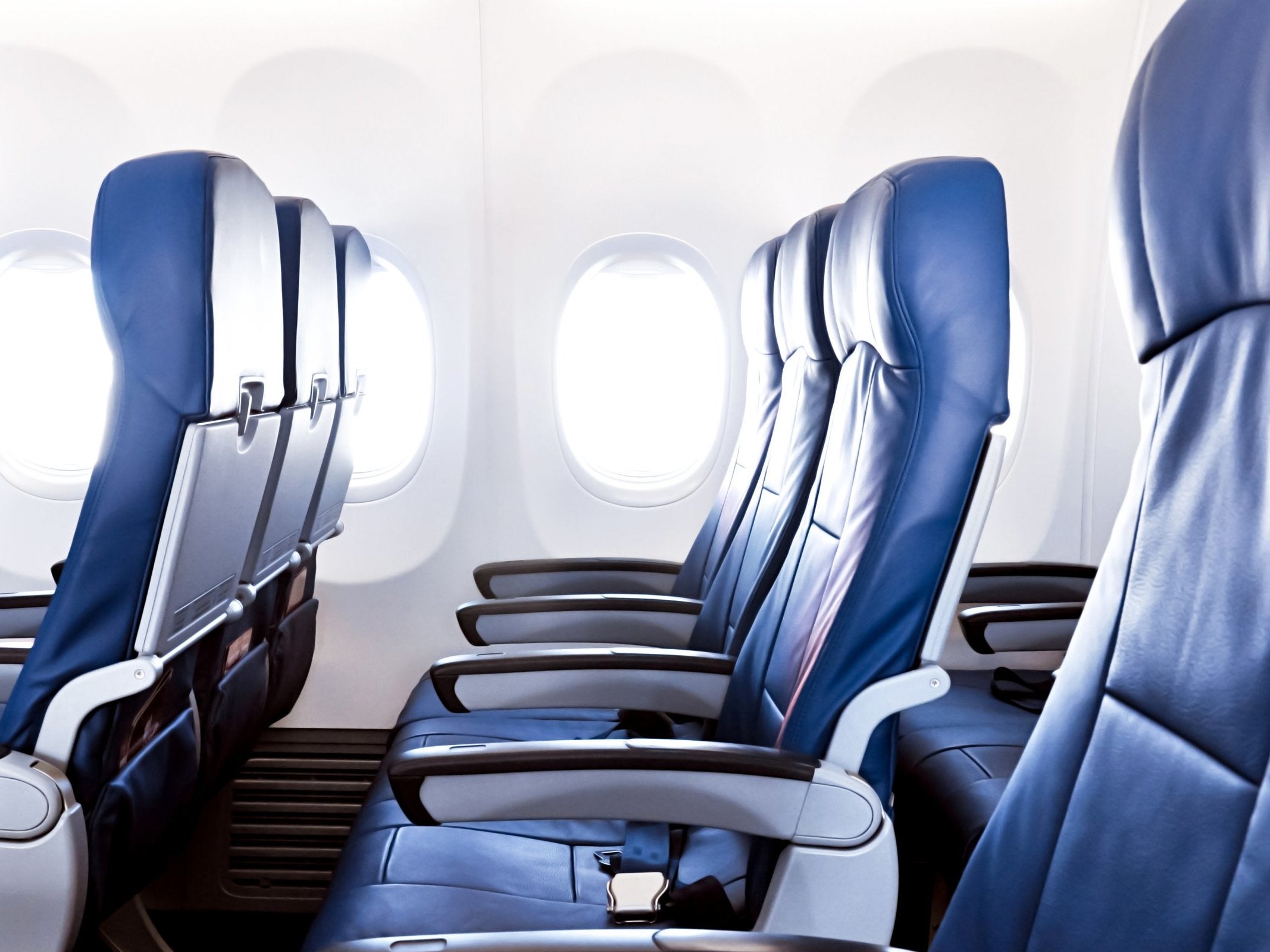How to benefit from an overbooked flight
Travelling with hand baggage only is recommended, says Simon Calder


Chance, you may be thinking, would be a fine thing: since none of us can travel for fun right now, the much-discussed topic of overbooking is as academic as an argument over the best beach, bar or blue run.
Be patient, though. Airlines are raring to get us airborne. And when they do, I sense they will be even more prone than before to sell more tickets for a plane than there are seats onboard.
Many travellers are enraged by the very concept. But so long as it is properly administered, overbooking is great news for the planet, the airline and the passenger – particularly if you succeed in being voluntarily offloaded.
Airlines know from experience that a proportion of passengers won’t turn up. By selling the same seats twice, they make more money for themselves and ensure planes fly fuller – better for the environment.
People with a desperate need to travel at the last minute can book flights even when they’re already theoretically full. And much of the time the airlines get away with overbooking: you and I have probably been on plenty of oversold flights without realising it, because the number of “no shows” has been predicted correctly.
Should the prediction be incorrect, air passengers’ rights laws in Europe and North America stipulate that airlines must seek volunteers prepared to surrender their seats. Which means a financial bribe that is often more than you paid for the flight.
People who need urgently to travel value an immediate departure very highly; but I always build in as much flexibility as I can. That means when the ground staff member on the check-in desk asks for volunteers to take the next flight, I can seize the opportunity for future tickets or hard cash.
In my experience, in the US overbooking is done very well, especially since the appalling treatment of Dr David Dao by United Airlines. These days airlines raise their bids as far as they need to until they have enough volunteers.
In February this year, at Salt Lake City, I made $600 (£470) by agreeing to arrive in Long Beach six hours later than planned. The return fare from London I had paid was £315, and I was genuinely surprised that Delta Airlines was prepared to sell me a flight at that price – because the timing wasn’t entirely random.
As a long-serving seeker of offloading, I have learnt that to maximise the chances you should book a Friday or Sunday afternoon departure. These are always in demand – and there is usually a late-evening option that you can squeeze onto. (If you are prepared to travel the following day, the rewards can increase still further – a good reason not to be committed to accommodation on the night of your flight, since the airline will be booking you a room.)
Travelling with hand baggage only is recommended too, because it makes you a more attractive prospect – and volunteering can get really competitive. If there are two possible candidates, then the one with no luggage in the system will get the cash – or, these days, a virtual prepaid card loaded with the prescribed amount. The trickiest part of the transaction was laundering the money through a friend’s PayPal account.
Finally, travelling solo can work to your advantage. As in the opposite situation, standing by – when you really want to get a particular fully booked flight – one person often succeeds where two or more would fail.
Join our commenting forum
Join thought-provoking conversations, follow other Independent readers and see their replies
Comments